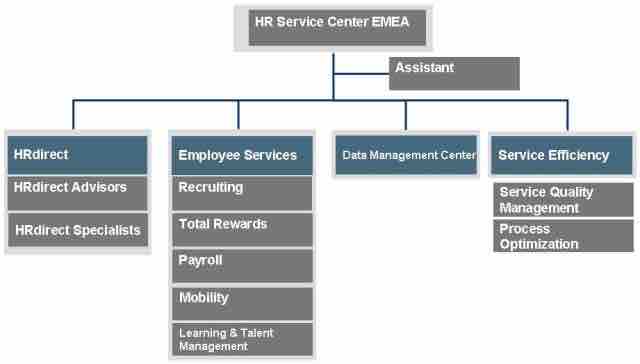Employee benefits are non-wage compensations designed to provide employees with extra economic security. These benefits ensure that employees have access to health insurance, retirement capital, disability compensation, sick leave and vacation time, profit sharing, educational funding, day care, and other forms of specialized benefits. Receiving these benefits along with one's salary is fairly standard in full-time professional employment.
Human Resource Responsibilities
The human resources department is the area of an organization responsible for organizing, implementing, and managing employee benefits across the company. Human resources (HR) has a wide range of responsibilities, including hiring, training, assessment, and compensation across the company. Benefits and compensation, however, lay at the center of HR operations and play a central role in both the financial capacity and talent management of any institution.

HR responsibilities
Human resources departments carry out many services, including data management, service efficiency, and employee services.
Human resources contribute to the overall employee experience across the span of an employee's time with the company. Benefits play an important role in maintaining high levels of satisfaction. Employee satisfaction is often overlooked in favor of customer satisfaction, but is just as critical to a healthy business. As a result, HR has a critical task in maintaining high levels of employee satisfaction to ensure maximum operational efficiency.
Benefits provided by the company, particularly retirement investing and health insurance, ensure that employees feel taken care of and secure in return for their investment of time and effort. The safety net provided and maintained by the company is a strong motivator of employee loyalty and satisfaction.
Legal Concerns
In most developed nations there are laws that govern benefits and agencies to enforce them. HR is also tasked with understanding the benefits that employees have a legal right to and implementing them properly. The Employee Benefits Security Administration (EBSA) is the agency in the United States responsible for administering, regulating, and enforcing many of these benefits. HR also works closely with the legal department to understand and provide the benefits required by each country they operate in.
HR is a central element of any successful business because it maintains the most valuable investment of any business: its people. Employee satisfaction and compensation help companies achieve high efficiency and strong performance from their employees by administering the appropriate level of compensation and benefits.